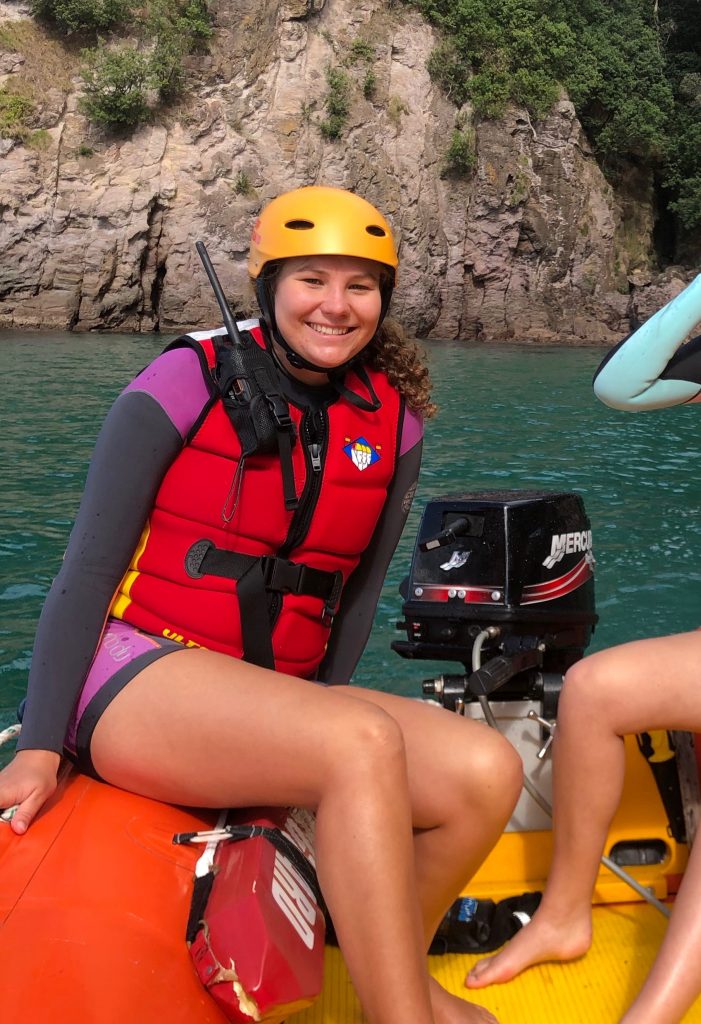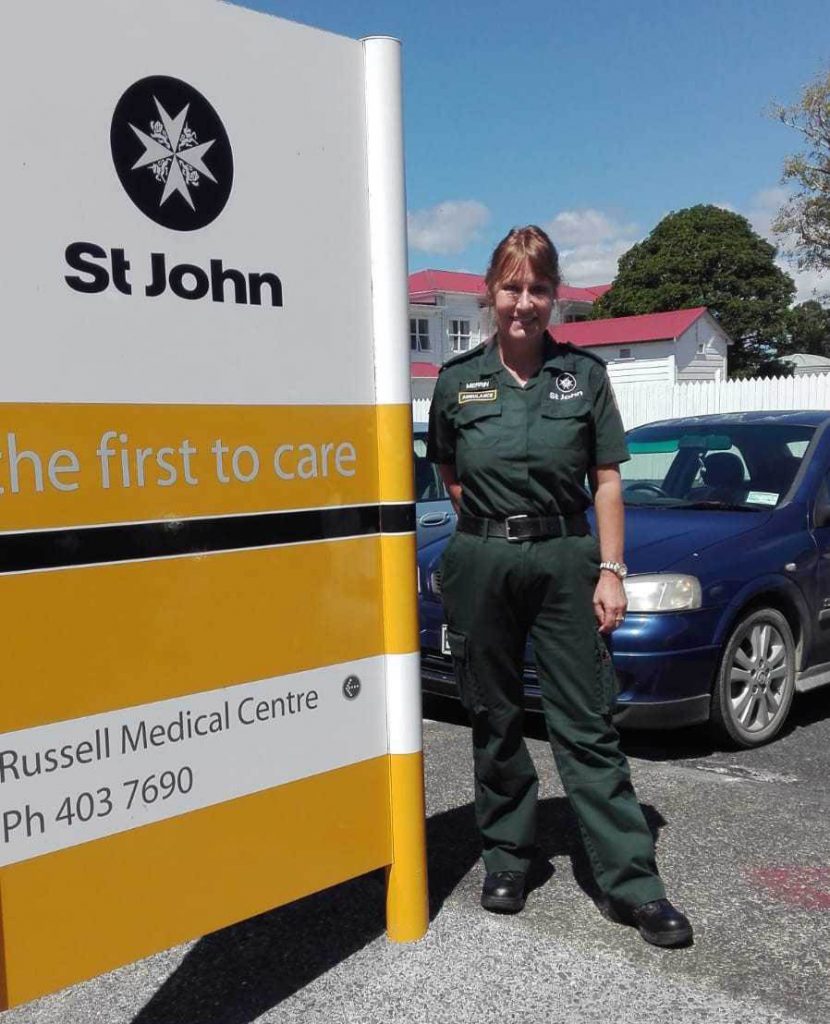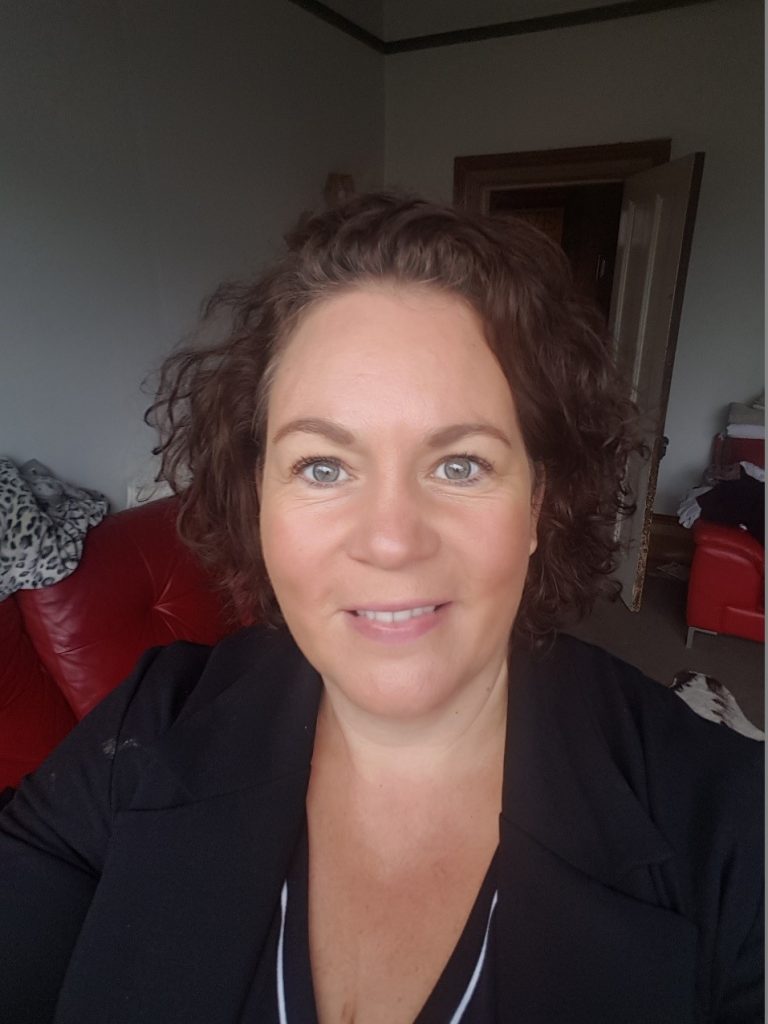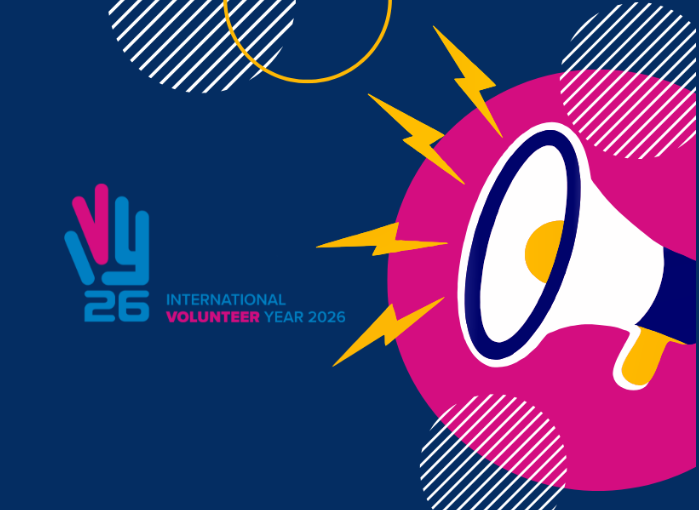Phoebe Havill has grown up in Surf Life Saving New Zealand, and spent the last seven summers at the beach as a volunteer lifeguard, keeping beachgoers safe.
She is a member of the Onemana Surf Life Saving Club (north of Whangamata), and the Whangamata Surf Life Saving Club, and loves being able to get out into some of New Zealand’s most beautiful scenery.
In December, she was awarded a national award for helping three other lifeguards in the difficult rescue of three kayakers from Whenuakura Island – an island with a hollow centre that the sea can flow into.
Phoebe and another lifeguard made a difficult water entry to the island through a surf-washed cave tunnel, checked on the kayakers’ conditions and abilities, reassured them, then helped one make a rock jump into the sea, to be picked up by a waiting inflatable rescue boat (IRB), and then towed the other two back through the sea cave safely.
It’s not the first rescue Phoebe’s been part of, and she says the safety awareness and early interventions she does on the beach and water brings her just as much satisfaction as the rescues.

“It’s cool to put our training into practice for rescues, it’s really satisfying afterwards. And preventative actions, like putting up the flags to show where the safe spots to swim are, they’re the same – you know you’re stopping people from getting into danger. It’s a really good feeling to be able to help when we’re needed and to get people home safe at the end of the day.”
The 21-year-old originally signed up to the Nippers kids programme when she was six, because a friend had joined.
“It looked like fun, and I really loved it, so I continued through and did the lifeguard training at 14 years old, and I’ve done it every summer since then.”
Some summer lifeguard patrols are paid shifts, but most of her involvement with Surf Life Saving NZ is voluntary work.
Phoebe says being a lifeguard means training, patrolling on the beach most weekends in summer, lifeguarding at events, and plenty of helping out around the club, and stepping up to leadership roles.
She also trains other lifeguards and helps run training courses. She has also been taking part in a national leadership development programme with the organisation, called BP Leaders for Life.
The programme challenges lifeguards to think of new ideas that could benefit the organisation. Phoebe is proud to be one of a group who identified that fewer women were becoming IRB drivers than men, and so helped launch Wahine on Water – an IRB training programme for women, taught by women — that has so far had nearly 100 people take part.
“It’s been really satisfying to see our planning put to action, and to see the trainees get excited about IRBs. I take different opportunities to upskill myself every year – there’s constantly development opportunities available. It’s been great for me for confidence, leadership skills and general people skills, as you’re constantly interacting with people of all ages.”
Phoebe encourages anyone to join Surf Life Saving, or sign up to Nippers if they are younger.
“Definitely get involved, it’s probably the best thing I’ve ever been involved in. It’s amazing for meeting new people, developing friendships, developing and challenging yourself – there’s so many opportunities to get involved in and pathways to take.”
Phoebe Havill
Surf Life Saving New Zealand
Interactive Volunteer Stories Map
This story was shared as part of our interactive map of volunteer stories from across Aotearoa, which we launched during #NVW2019. This map is filled with stories from volunteers throughout Aotearoa, New Zealand. This map celebrates the contribution of volunteers in their communities throughout Aotearoa. It aims to inspire people to engage in volunteering, Mahi Aroha and social action and to realise the benefits of weaving their communities together through their actions.





About The Author: Admin
More posts by admin